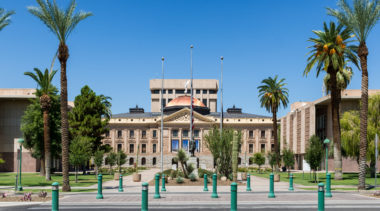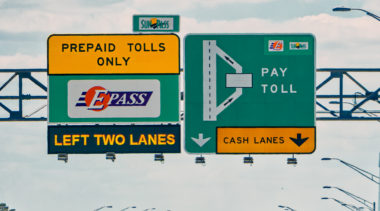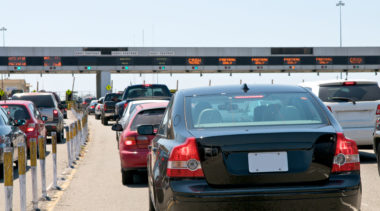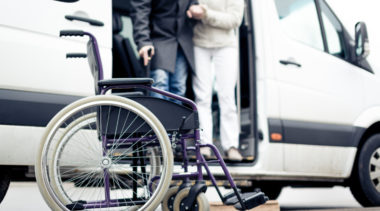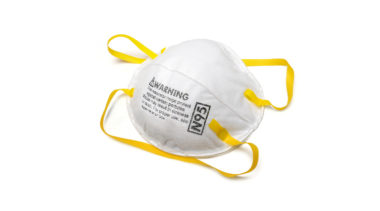-
Teacher Retirement System of Texas Solvency Analysis
Investment returns failing to meet unrealistic expectations have been the largest contributor to the public pension plan's unfunded liabilities, adding over $30 billion in debt since 2001.
-
Arizona Public Safety Personnel Retirement System Solvency Analysis
Recent reforms to the public safety personnel public pension system are showing significant savings and increased retirement security for employees.
-
Planning For Potential Budget Cutbacks In Michigan: Sustainable School Finance Solutions
Even in a constrained fiscal environment, Michigan can improve education funding equity and better empower local school leaders.
-
Pension Reform for the New Normal Economy—Examining Colorado’s Successful Model
Colorado's 2018 pension reforms put the state on track to have its public employee retirement system fully funded in 30 years.
-
10 Best Practices For State Automated Vehicle Policy
This policy brief offers 10 policy recommendations for state policymakers to promote automated vehicle innovation while protecting the public interest.
-
Reimagining Transportation Policy During and After COVID-19
The coronavirus pandemic is going to prompt changes to America’s transportation systems and policies.
-
North Carolina Teachers & State Employees Retirement System Solvency Analysis
Investment performance falling short of return assumptions has been the largest contributor to the public pension plan's growing debt, adding $7.6 billion in unfunded liabilities since 2008.
-
Why Governments Should Lease Their Toll Roads
The nine states studied here would have significant net proceeds from leasing their toll road systems via long-term public-private partnerships—even after paying off outstanding tax-exempt toll road bonds.
-
Frequently Asked Questions: Why Should States Consider Leasing Their Toll Roads?
Why lease an asset? Won't toll rates go up? Isn't this a terrible time to consider leasing infrastructure?
-
How Transit Systems Can Provide Cost-Effective, High-Quality Paratransit Services
People with disabilities use transit seven times as much as the general population.
-
Best Practices for Providing Education Funding for Economically Disadvantaged Students
This report examines federal education funding for student poverty and how state education finance systems can best fund students.
-
Vital PPE: How To Increase Production and Distribution of Masks to Fight COVID-19
Part six of a series discussing strategies for combating and recovering from the coronavirus pandemic. The important role PPE has in containing the coronavirus and returning to pre-COVID-19 economic activities.
-
Solving Florida’s Blue-Green Algae Bloom Crisis
Algal blooms and their associated health risks have the potential to hurt large segments of Florida’s economy and public well-being.
-
COVID-19 And Soaring Costs Are New Challenges for Texas High-Speed Rail Line
If Texas Central chooses to move ahead with this high-speed rail project, lawmakers and taxpayers should ensure it does not receive stimulus funding.
-
Monitor-Test-Trace-Isolate: Policies for Understanding and Reacting to COVID-19 Infections
Part five of a series discussing strategies for combating and recovering from the coronavirus pandemic. Technologies that enable contact tracing and sharing of verified COVID-19 status while preserving privacy and autonomy.
-
The COVID-19 Status App: A Risk-Based Tool to Enable Businesses to Reopen While Limiting the Spread of Sars-Cov-2
Part four of a series discussing strategies for combating and recovering from the coronavirus pandemic. The purpose of these tools is to enhance trust and improve information sharing.
-
Risk-Based Tools to Limit the Spread of Coronavirus: Information on Activity Risks and Industry Standards
Part three of a series discussing strategies for combating and recovering from the coronavirus pandemic. The decisions to implement these actions must be voluntary.
-
Preventing, Containing and Mitigating COVID-19: Lessons From Around the World
Part two of a series discussing strategies for combating and recovering from the coronavirus pandemic. Success almost everywhere started with the use of extensive strategic testing.

